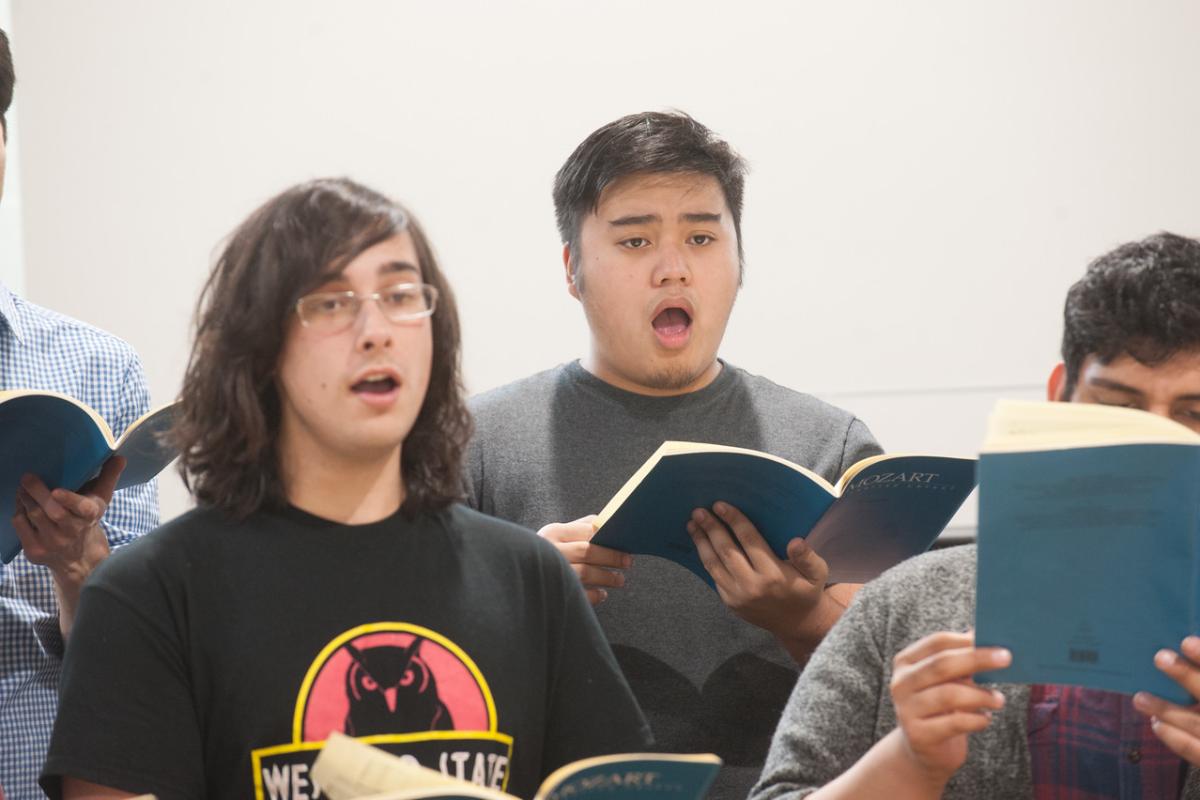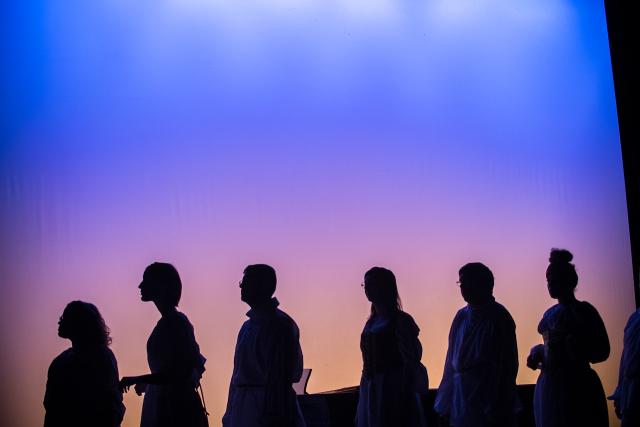
The Music History concentration is valuable if you are interested in understanding music in its historical context and learning about its inherent value within a certain culture and time, become more sensitive to its meanings and how to interpret and perform it. It is also a practical concentration if you are interested in pursuing a career in library science or continuing on to graduate school.
Fun links:
http://www.therestisnoise.com New Yorker critic Alex Ross’ blog about music
http://www.npr.org/series/tiny-desk-concerts Great live music
